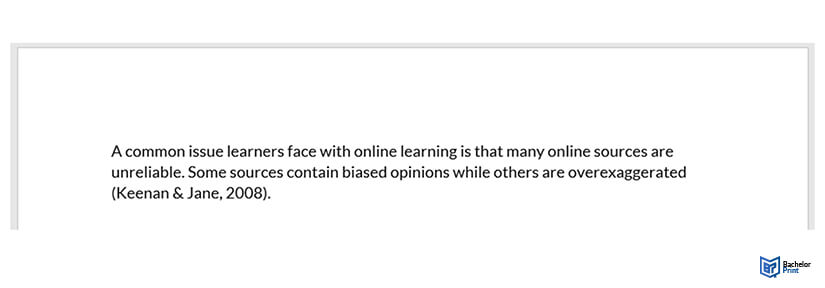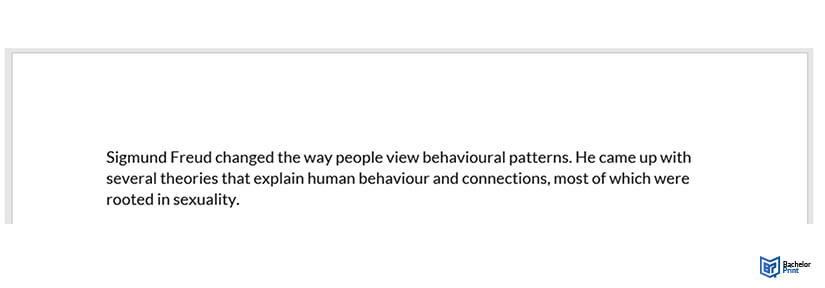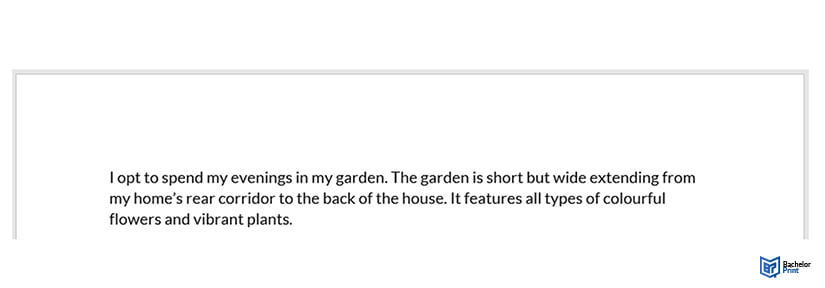
An academic essay, an essential tool in the realm of educational writing, can be approached in various formats, each with its unique purpose and structure. These formats, or types, are designed to cater to different needs and convey varied perspectives on a subject. The four main types serve a distinct role, whether it’s telling a story, painting a vivid picture, presenting information, or making a persuasive argument. Recognizing the differences among them can enhance one’s writing capabilities and adapt to diverse academic challenges.
Definition: Essay types
An essay is an intensive piece of writing composed for informative or persuasive purposes. Various essay types exist. However, you can categorize them into four key categories; argumentative, expository, narrative, and descriptive.
The purposes of academic pieces differ depending on the essay types. For instance, argumentative and expository essay types aim to convey information through clear points and facts. In contrast, narrative and descriptive essay types aim to portray creativity and trigger interest from readers.
| Essay types | The skills it tests | Example prompt |
| Argumentative | • Using research to form an opinion • Constructing an argument based on evidence and facts |
Has the rise of online learning impacted the education sector negatively or positively? |
| Expository | • Knowledge on the subject • Conveying information precisely |
Explain how colonization influenced African culture in the 19th century. |
| Narrative | • Creative use of language • Conveying a compelling narrative |
Describe a situation where you learnt something valuable about your family. |
| Descriptive | • Creative use of language • Sensory detail description |
Describe someone you look up to and value. |
Essay types: Argumentative
Argumentative papers are the most common essay types at the university level. An argumentative essay features an in-depth research and evidence-based argument on a topic with a strong thesis statement. The goal of an argumentative essay is to persuade the reader using evidence and strong analysis. An argumentative essay tests your capability to study and present your view on a topic. It is divided into the following sections:
Introduction
The topic and thesis statement
Body
Your evidence and arguments
Conclusion
Example paragraph of the body of an argumentative essay:

Essay types: Expository
Expository essay types focus on providing information on a specific topic without an original argument. So, instead of an argument, an expository essay offers a fair and organised view of a topic. Expository essay types aim to test how well you know a certain topic and your capability to convey well-organised information.
An expository essay contains:
Introduction
Offers a general background on the subject.
Body
Presents balanced and well-organised details on the topic
Conclusion
Example paragraph of an expository essay:

Essay types: Narrative
These essay types narrate a story. It is a personal type of essay that allows you to write about a personal experience. However, narrative essay types may also feature imaginative explorations.
Narrative essay types test how well you can construct a series of events in an interesting, creative, engaging, and well-structured manner.1 They do not have a standard structure. However, these essay types should always begin with a set-up of the narrative and end by explaining the point of the story.
Example paragraph of a narrative essay:

- ✓ 3D live preview of your individual configuration
- ✓ Free express delivery for every single purchase
- ✓ Top-notch bindings with customised embossing

Essay types: Descriptive
As the title suggests, these essay types provide a more detailed description of something. Like narrative essays, they are more creative. However, they are more strongly focused than narrative essays.
Descriptive essays should contain:
An introduction of what you want to describe
A conclusion containing an overall picture of your object of description
Example paragraph of a descriptive essay:

Rhetorical analysis
A rhetorical analysis focuses on a persuasive text in terms of its rhetorical devices and its effectiveness. Its goal is to state if you concur with the author’s argument and analyse its construction. A rhetorical analysis contains:
Introduction
Background information and a thesis statement
Body
The analysis
Conclusion
Summary and value emphasis
Literary analysis
Literary analysis essay types feature a close reading of pieces like novels or poems. They explore the author’s choices and the text’s theme. They’re an in-depth and extensive interpretation of the content.
A literary analysis article looks at elements like setting, themes, figurative language, and themes. It aims to analyse what the author conveys. It contains these sections:
Introduction
Contains the text, background, and thesis statement
Body
Close readings of the text (quotations) and analysis supporting your argument
Conclusion
Emphasizes the value of your approach in telling more about the text
FAQs
The most common essay types in academic writing are argumentative, narrative, descriptive, and expository.
Argumentative essays are longer, convey an original argument, and involve independent research. In contrast, expository essays are objective and do not need an original argument.
Narrative essays aim to tell a compelling story. In contrast, descriptive essays aim to convey an intense description of an object, place, person, or concept.
Your instructor will tell you the specific essay type you should write. However, the prompt will also help you decide.
